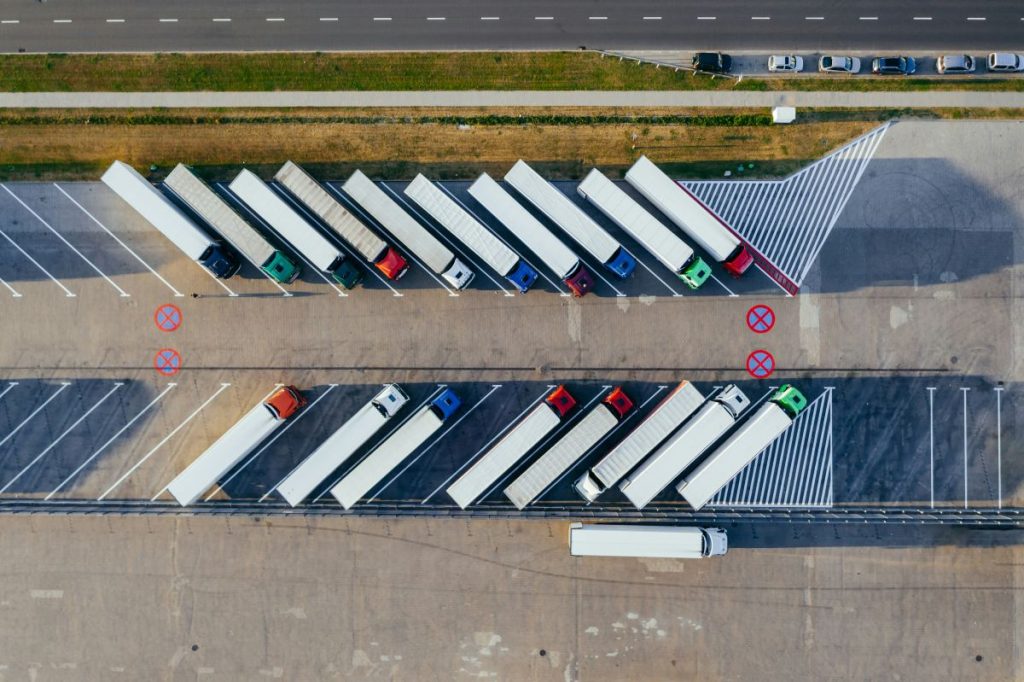Returns remain a major barrier to trust in international eCommerce. For UK logistics leaders, localized return hubs and transparent fulfillment strategies are now essential to capture growth.
Returns Are the Hidden Weak Point in Cross-Border Logistics
New data from fulfilmentcrowd, based on a survey of over 1,000 UK consumers, shows that key operational challenges are continuing to deter shoppers from purchasing from international retailers. High shipping fees (40%), long delivery times (38%), customs charges (34%), and import taxes (30%) remain major pain points.
But returns, often an afterthought in cross-border strategy, are now emerging as a critical factor in building—or losing—consumer trust. Over 43% of UK shoppers say a clear return policy is among the top factors influencing their decision to buy from overseas brands. That puts it on par with transparent shipping costs (45%) and customer reviews (46%).
For supply chain and logistics professionals, these figures underscore the operational importance of returns management. In today’s environment, fulfillment strategy is not just about outbound performance—it’s about the total experience, including how efficiently and locally consumers can send goods back.
Local Return Hubs Offer a Fast Path to Building Trust
The message for UK-based operations leaders is clear: to succeed in cross-border eCommerce, international brands must treat return logistics as a core part of their value proposition. Local return hubs allow for faster refunds, lower-cost reverse shipping, and a customer experience that mirrors domestic expectations. They also reduce the administrative burden of navigating customs documentation for each returned item.
Returns infrastructure should not operate in isolation. Leaders must consider how it connects to broader inventory placement, EU/UK compliance, and tax efficiency. For example, decentralized fulfillment—whether through nearshoring, distributed EU warehouse networks, or third-party partners—enables faster outbound delivery, while simultaneously supporting smoother returns through proximity.
With UK consumers increasingly wary of hidden costs and complex returns, clarity and operational transparency are now more important than marketing claims. Visible total pricing, clear customs duties, trusted payment platforms, and security signals all contribute to trust—but they must be backed by infrastructure that performs.
Operational Proximity Builds Resilience and Growth
While this data is UK-specific, the lessons are global. Across mature markets, consumer expectations around speed, convenience, and returns have converged. High-growth eCommerce brands expanding into the UK, EU, or North America need fulfillment strategies that are both scalable and sensitive to local market expectations. A single-region distribution model may minimize cost on paper, but in practice, it risks damaging the brand experience through poor delivery and returns performance.
Additionally, global supply chain leaders must monitor evolving regulations like the EU Consumer Rights Directive, which enforces a 14-day return window. Complying with region-specific rules across tax, returns, and data security is no longer optional—it’s foundational to cross-border operational strategy.
Fulfillment Has Become the Front Line of Brand Trust
For supply chain and logistics leaders, the next wave of eCommerce competitiveness won’t be won on product quality alone—it will be won on fulfillment quality. As cross-border trade expands, the brands that succeed will be those that localize intelligently: deploying infrastructure that reduces friction, increases transparency, and turns returns from a cost center into a trust driver. Globally, the most forward-thinking organizations are building fulfillment ecosystems that are agile, compliant, and customer-centric—because that’s what long-term growth now requires.



